
From 1 August, the National Library of Wales will employ the UK’s first permanent Wikimedian. As National Wikimedian, Jason Evans will make Wikipedia and its sister projects a core aspect of the Library’s activities and services. Building on the successful collaboration between the Library, Wikimedia UK and the Wiki community, he will lead activities associated with the Library’s collections, Wales as a nation and/or the Welsh language.
The National Library of Wales, Wikimedia UK, and the editing community have worked together since 2014 to host a Wikimedian in Residence. Jason Evans was appointed and has helped the Library to explore the use of Wikipedia and its sister project in the fulfilling its aim of giving access to knowledge, especially relating to Wales and the Welsh. In August 2017 the activity becomes a core aspect of the Library’s work. The Library won ‘Partnership of the Year’ in the UK Wikimedian of the Year Awards for their influential work and vision in making the role permanent.
Images from the Library have been used in Wikipedia articles which have been seen more than 250 million times. As well as enabling these collections to be used in this way, the Wikimedian in Residence has held 20 public events and has taught more than 100 people how to edit, and together they have improved thousands of pages. The Library has also played a key role in supporting the Welsh Wicipedia, leading initiatives like WiciPop which resulted in the creation of hundreds of articles and Welsh-language record company Recordiau Sain sharing 8,000 audio files. It also leads the ongoing Wici-Iechyd (Wiki-Health) project which aims to improve health related subjects on the Welsh Wicipedia.
Wikipedia in both Welsh and English is one of the main places people go to for information. The Welsh language Wicipedia has more articles on women than men and is the most popular Welsh website, with an average of around 800,000 pages opened every month and around 130 regular editors.
As Wikimedian in Residence, Jason Evans has helped to organise many different events to encourage people to edit Wikipedia, has attracted significant media coverage, and helped Welsh Wicipedia to become one of the biggest and most advanced Wikipedias in a minority language. You can find out much more about the residency on its homepage here.

Pedr ap Llwyd, Director of Collections and Public Programmes at the National Library of Wales said: “For the benefit of Wales as a nation, it is crucial that Wikipedia contains a wealth of knowledge about its history and culture, and that the range of articles on the Welsh language Wicipedia covers the widest possible range of subjects. The National Library of Wales has a key role to play in providing access to knowledge about Wales and its people, and this post demonstrates our desire to collaborate with individuals and organisations within Wales and beyond in fulfilling this aim.”
Lucy Crompton-Reid, the Chief Executive of Wikimedia UK, said “I am delighted that the National Library of Wales have made this residency a permanent post within the library, demonstrating the enormous impact that Wikimedians in Residence can have in opening up cultural heritage institutions and engaging global audiences with their collections through Wikimedia. Our partnership with the National Library of Wales has been characterised by innovation, and we look forward to the continued success of this work with a permanent staff member focused on engaging with Wikimedia and open knowledge.”
Notes for editors
The National Library of Wales (NLW) serves as the nation’s memory. It is a repository of treasures and facts, a disseminator of knowledge, a venue, a destination, a place to keep the past safe and readily available for all to access, use and be inspired by, now and in the future.
Located in Aberystwyth, the Library plays a central role in culture and heritage as one of Wales’s major national institutions. As one of the six Copyright Libraries in the United Kingdom and Ireland, the National Library of Wales’ collections are vast and varied and are free to access. They include 950,000 photographs, 150,000 hours of sound recordings, 250,000 hours of moving image, 25,000 manuscripts, 50,000 works of art, 1,500,000 maps, as well as 6,000,000 books. More than 5,000,000 individual items from these collections have been digitised and made freely available on the internet.
The National Library of Wales engages in a full and continuous programme of public events that include high-quality permanent and temporary exhibitions with associated educational and presentational activities. These are crucial to NLW’s mission of interpreting the collections for, and encouraging participation by, a wide range of audiences whether onsite, at external locations or online.
Wikimedia UK is the UK chapter for the global Wikimedia movement. A registered charity, its mission is to support and advocate for the development of open knowledge, working in partnership with volunteers, the cultural and education sectors and other organisations to make knowledge available, usable and reusable online.
Wikipedia is available in more than 290 languages, and receives about 16 billion pageviews a month. Created in 2001, it has more than 40 million articles across all languages and is the 5th most visited website in the world.
Follow Jason and Wikimedia UK on Twitter for updates from the project. See upcoming Wikimedia events in the UK.






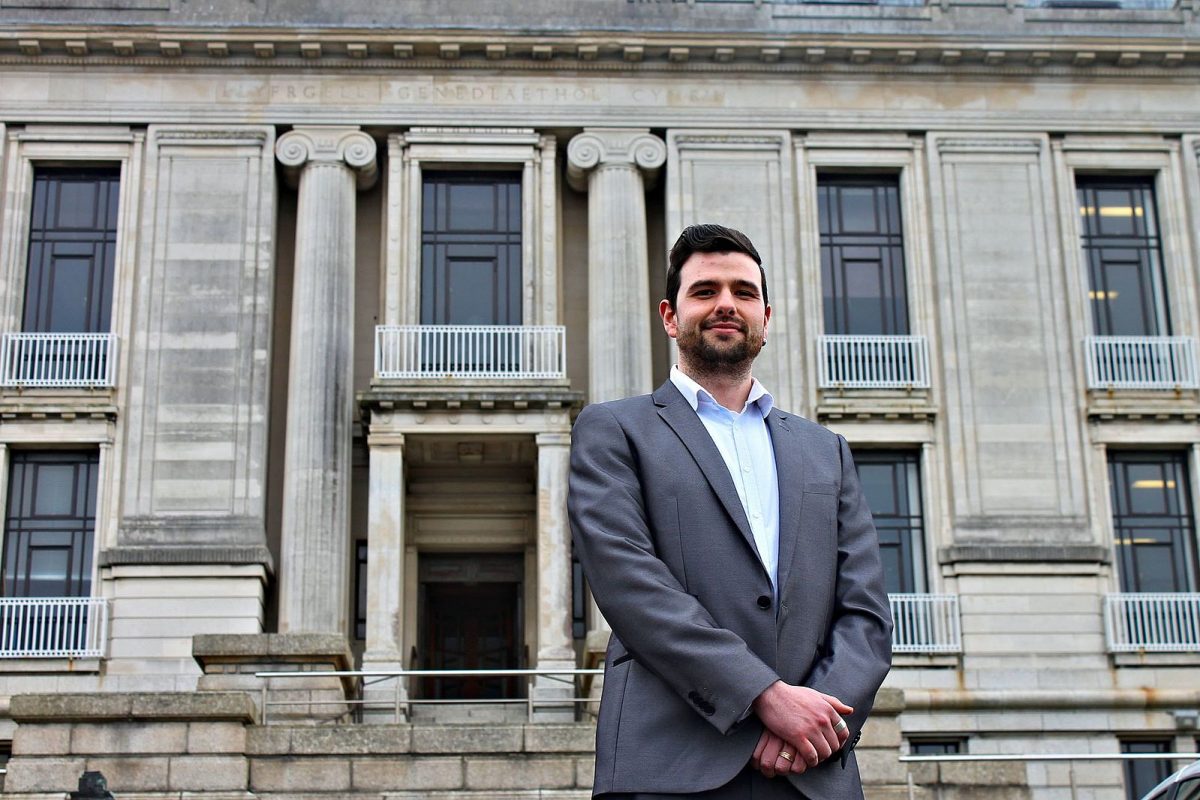
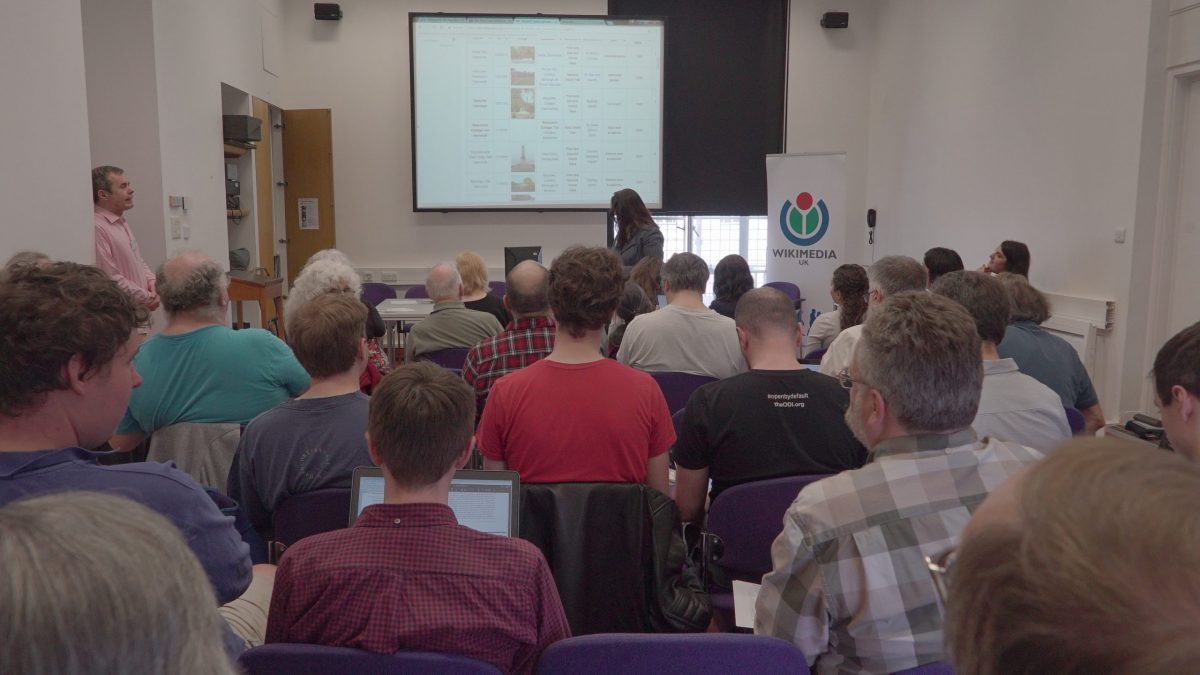


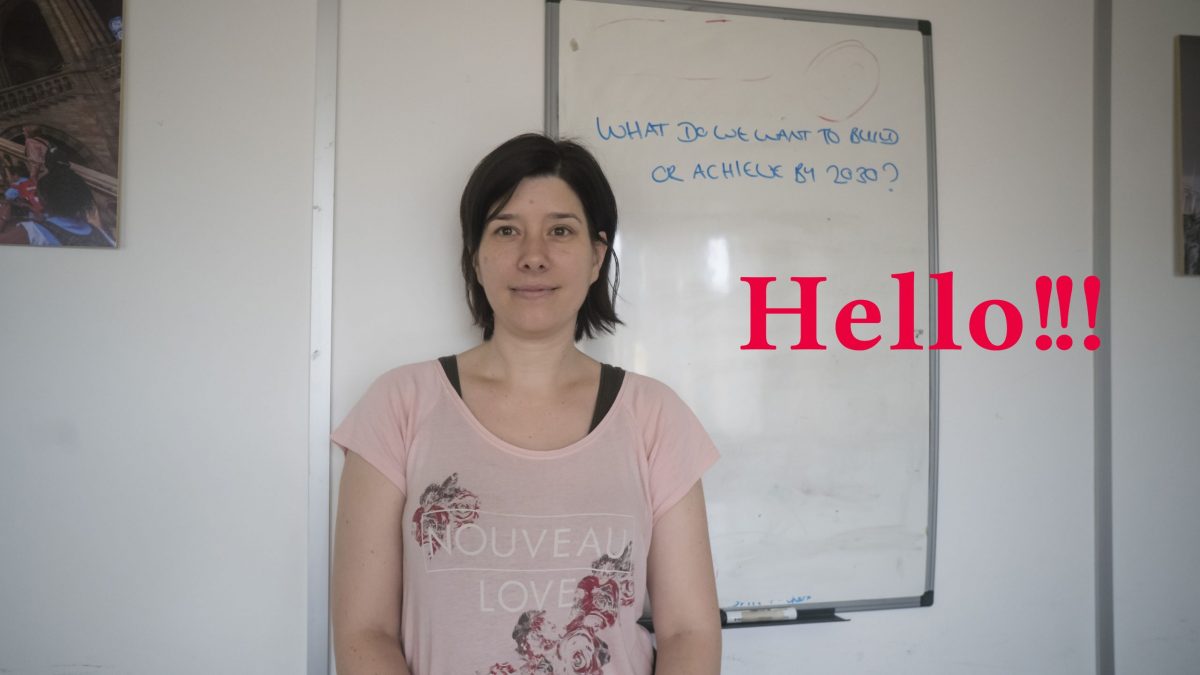

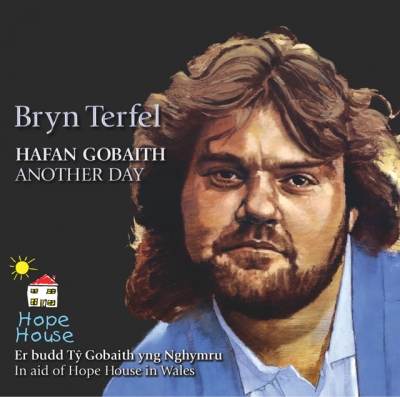
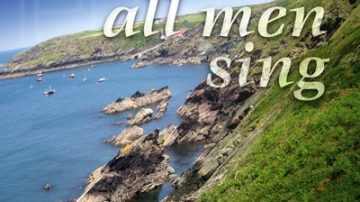
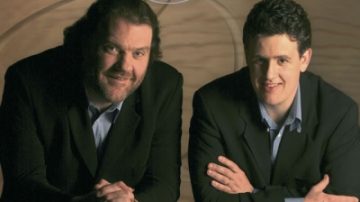
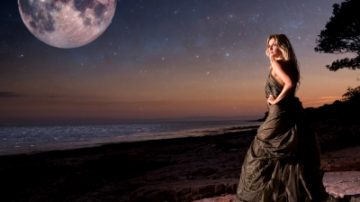
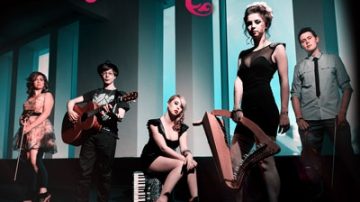
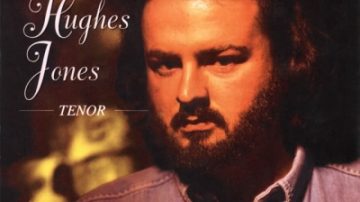
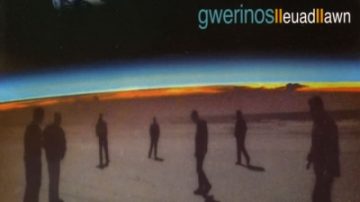
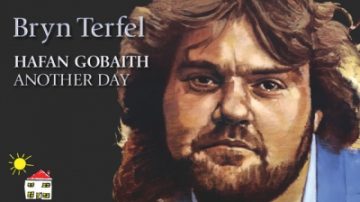
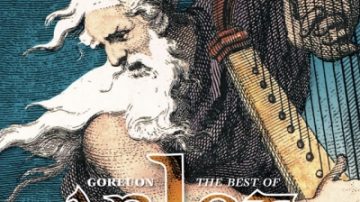
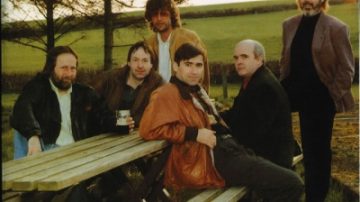
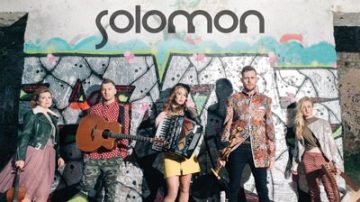
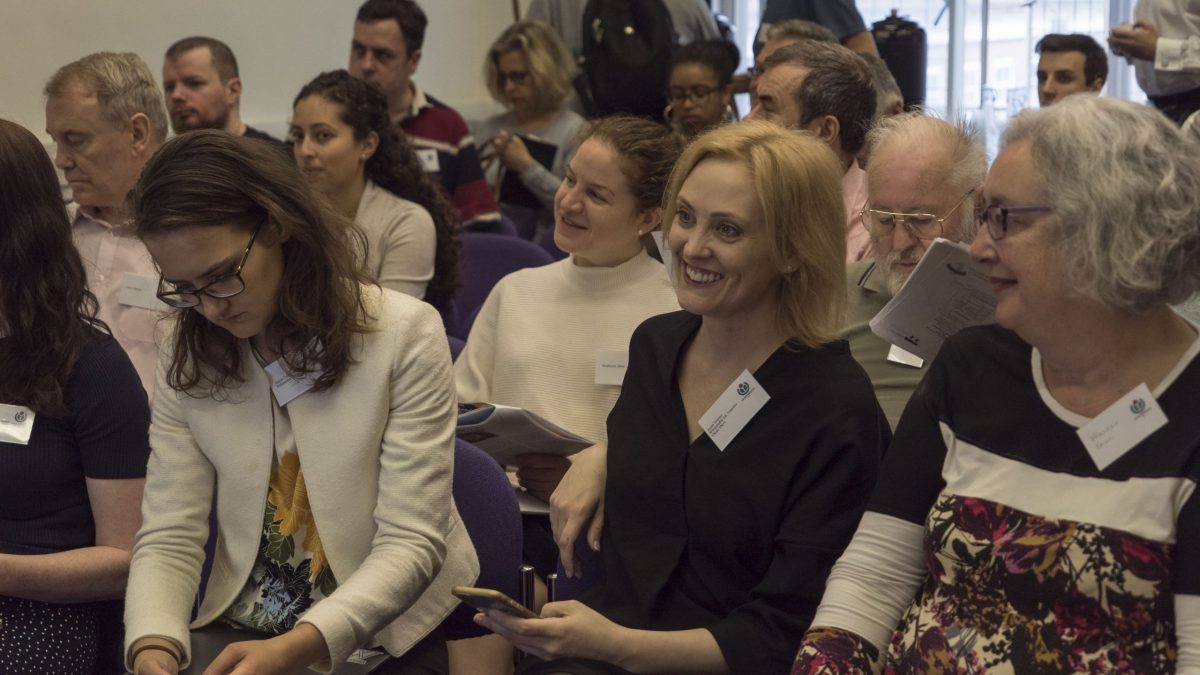

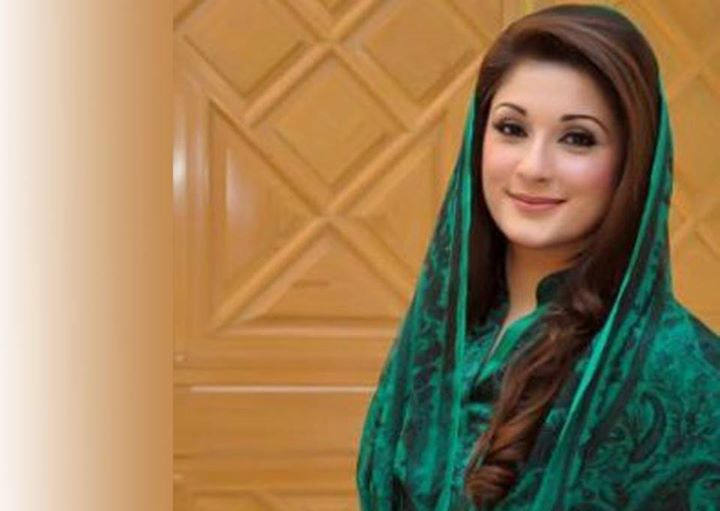


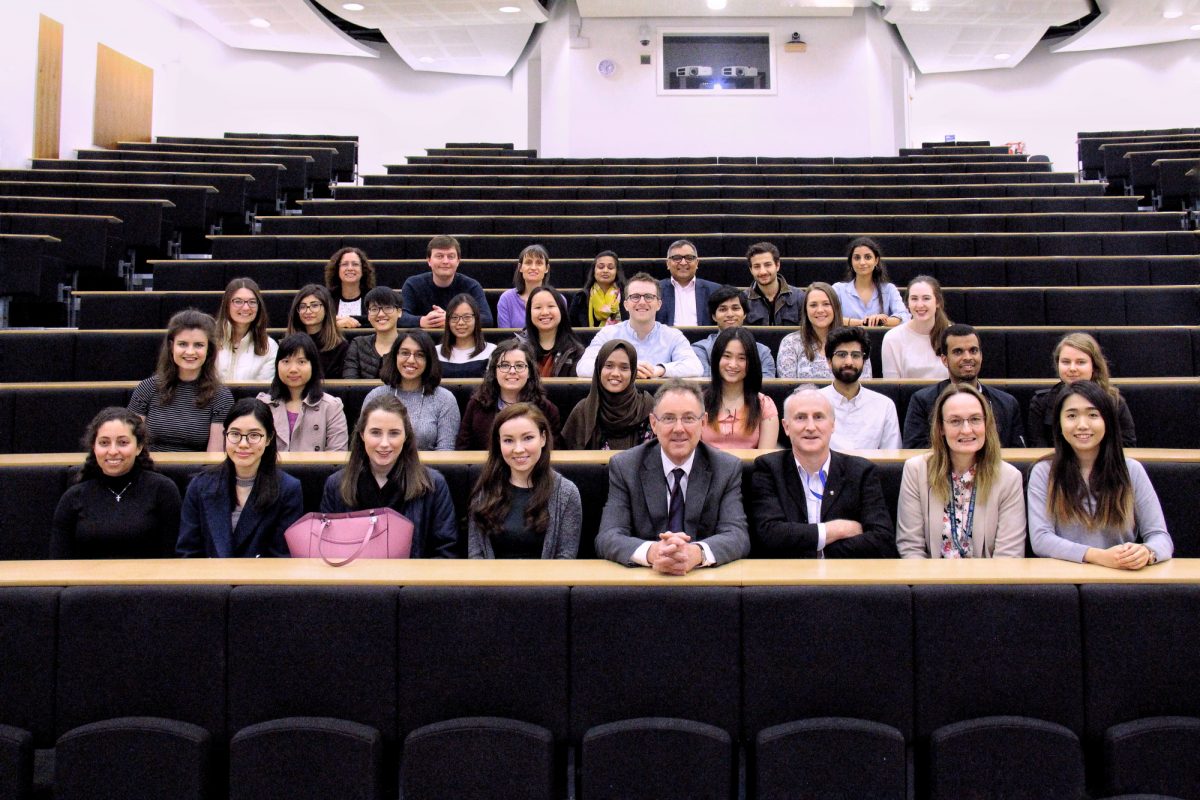
 Written by Nour Geres
Written by Nour Geres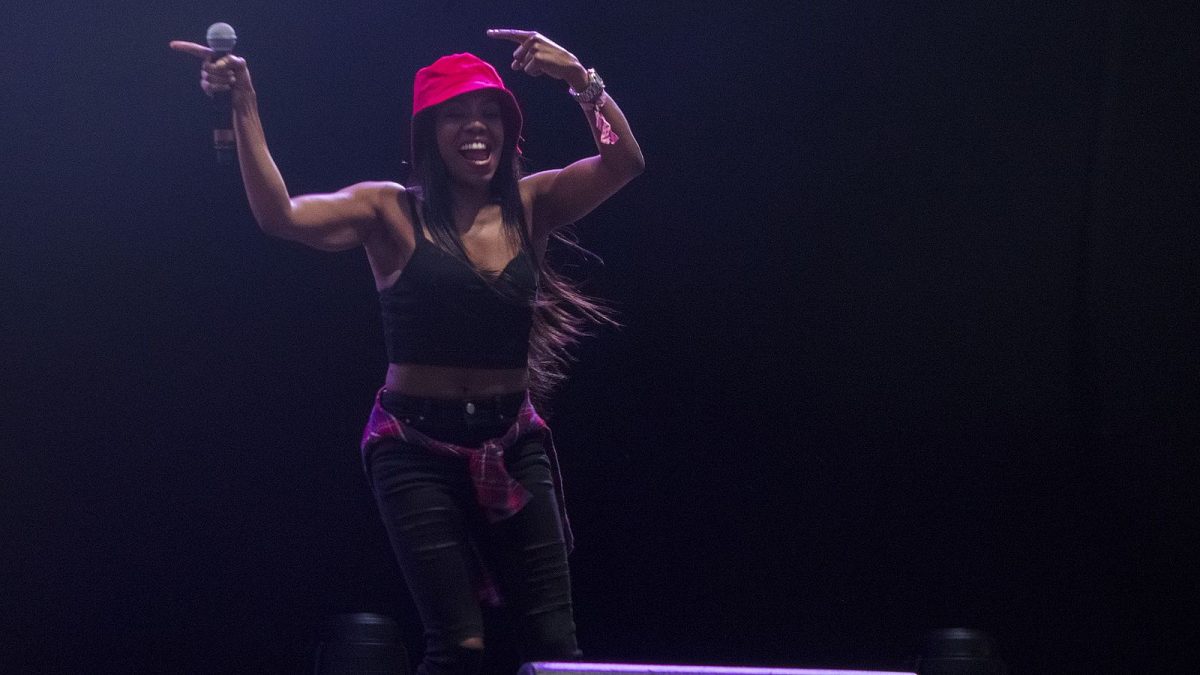



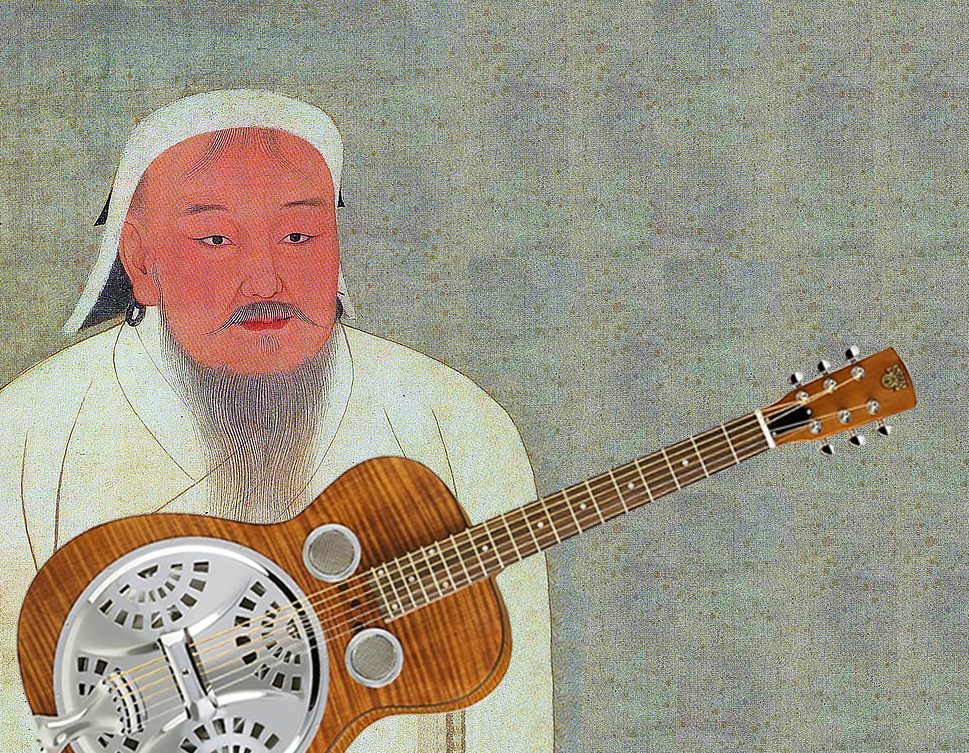
 By Martin Poulter, Wikimedian-in-Residence at Bodleian Libraries
By Martin Poulter, Wikimedian-in-Residence at Bodleian Libraries